Information Technology
Information Technology CCTV Surveillance
Closed-circuit television (CCTV) is a television system wherein signals are not broadcasted publicly but are instead monitored, primarily for surveillance and security objectives. It operates through strategically positioning cameras and monitoring their feeds on designated monitors.
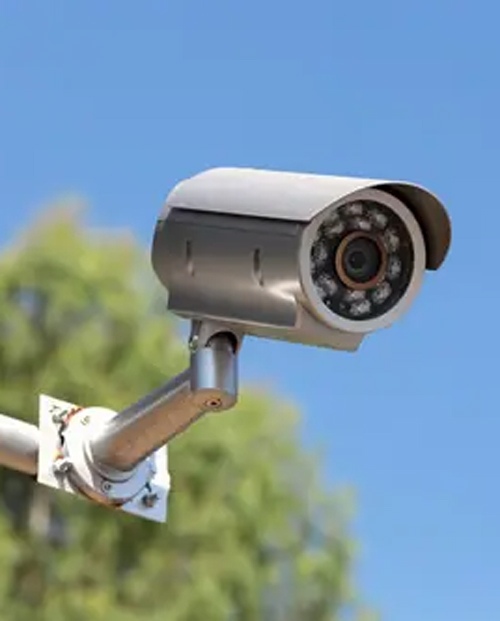
ITMS/IEMS
Intelligent Traffic Management System (ITMS)
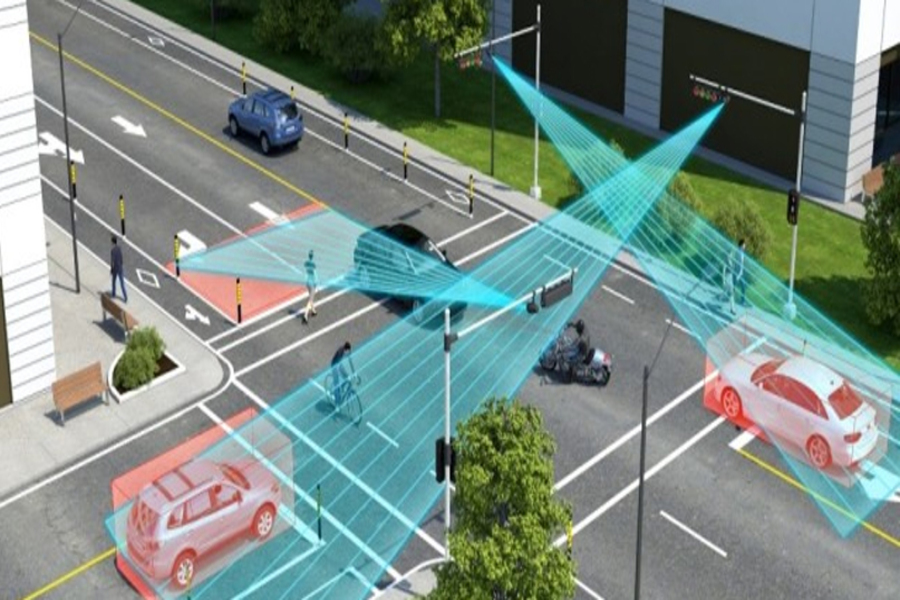
Intelligent Traffic Management System (ITMS) is one of the advanced solutions to the congested traffic conditions faced by many cities. Those cities which are transmuting from rural to urban cities also created similar chaos. As a result of rapid industrialization and urbanization, many cities are facing an increased volume of population which resulted in an unplanned city infrastructure. Unplanned infrastructures include Road & Junctions, Sewerage Networks, Utility Ducts, etc.
The increased population will require a Multi-mode Transport System for seamless daily commutes. Because of the unplanned City infrastructure, heavy traffic congestion, traffic violations, road accidents, and a disconnected Transport System will be a curse to the growing population.
Intelligent Enforcement Management System (IEMS)
As urbanization and vehicular traffic surge, cities globally grapple with insufficient infrastructure. While governments prioritize constructing roads, bridges, and public transport systems, these efforts may fall short of easing congestion.
India, in particular, faces longstanding traffic management challenges that could worsen over time without smarter approaches. Incorporating advanced technologies and intelligent solutions is crucial to effectively addressing these issues.
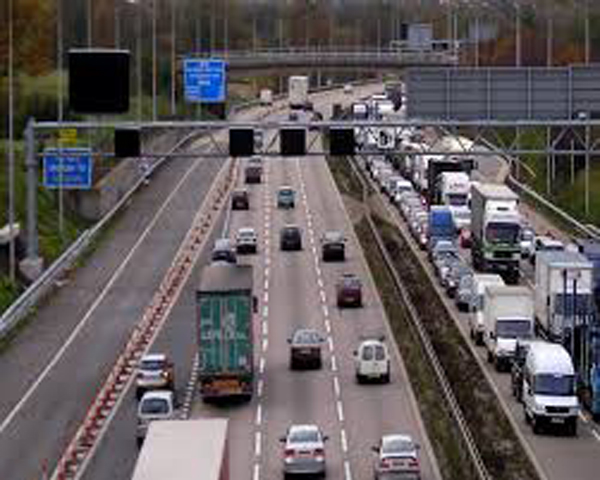
Artificial Intelligence

Artificial Intelligence (AI) represents a paradigm shift in technology, revolutionizing various aspects of human life. By simulating human intelligence processes, AI enables machines to perform tasks that traditionally required human cognition. From powering virtual assistants like Siri and Alexa to enhancing medical diagnostics and automating manufacturing processes, AI’s applications are vast and diverse. Machine learning, a subset of AI, allows systems to learn from data and improve their performance over time without explicit programming. Deep learning, another branch of AI, mimics the neural networks of the human brain, enabling machines to recognize patterns and make decisions.
See More
As AI continues to evolve, its potential to drive innovation across industries and improve efficiency remains unparalleled. However, ethical considerations surrounding AI, such as privacy concerns and algorithmic bias, underscore the importance of responsible development and deployment. Despite challenges, AI holds the promise of shaping a future where intelligent systems empower human capabilities and drive progress.
Software Development
Software development encompasses the entire lifecycle of creating, testing, and deploying computer programs and applications to fulfill specific purposes or address particular challenges. It proceeds through several stages, beginning with planning and requirements analysis, where developers delineate the objectives and functionalities of the software. Design then ensues, entailing the creation of blueprints or prototypes to delineate the software’s structure and user interface. Subsequently, coding commences, with developers utilizing programming languages such as Python, Java, or C++ to write the actual code.
See More
Testing follows suit, involving meticulous evaluation to rectify any bugs or deficiencies. Upon successful testing, the software is deployed for end-user utilization or integration into existing systems. Continuous maintenance and updates ensure the software remains operational, secure, and responsive to evolving needs. Effective collaboration, communication, and adherence to best practices are imperative throughout the development journey to deliver high-quality software that effectively meets user requirements.
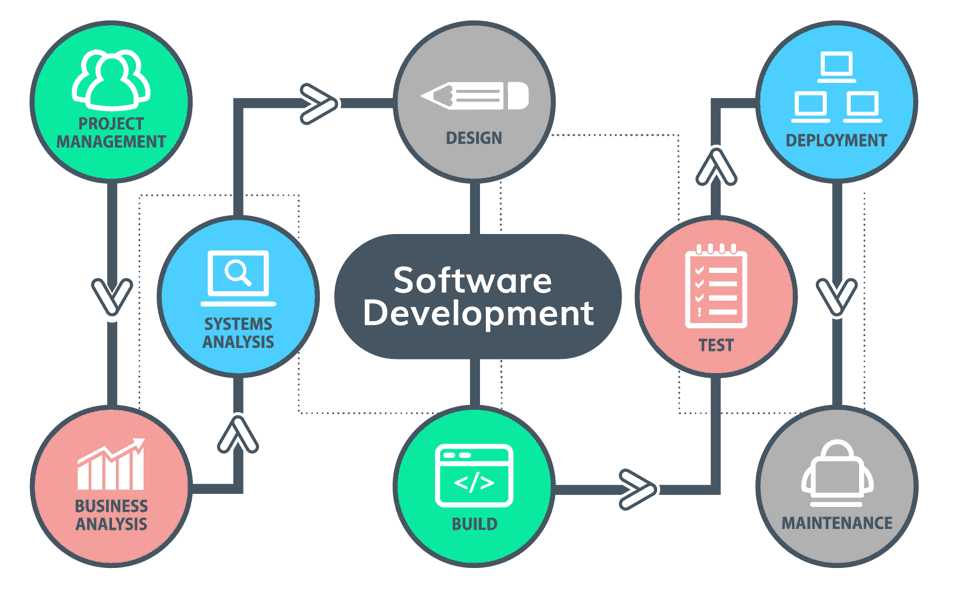
Track and Trace
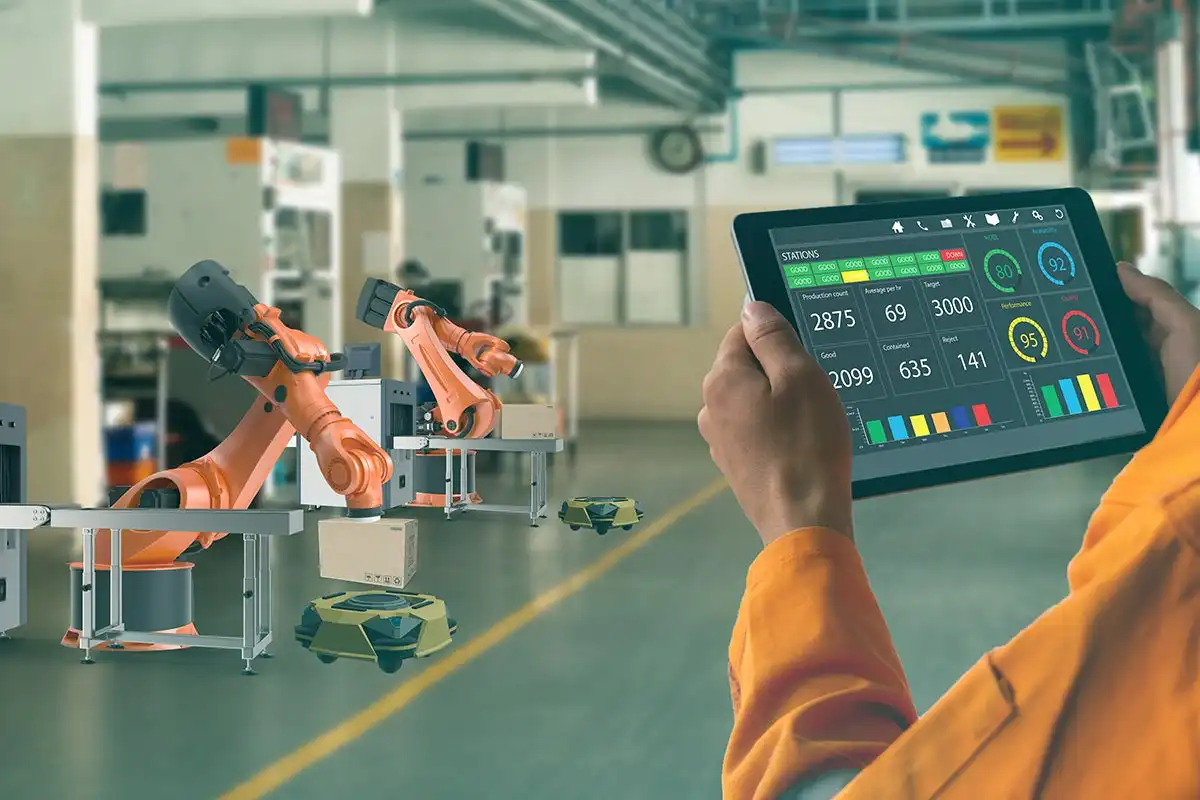
Track and trace systems are integral to supply chain management, public health initiatives, and various industries to monitor the movement and location of goods, assets, or individuals. These systems utilize technologies such as barcodes, RFID tags, GPS, or blockchain to record and track the journey of items from production to consumption. In the context of public health, track and trace systems play a crucial role in containing the spread of diseases by identifying and monitoring individuals who may have come into contact with an infectious agent.
See More
They enable swift response to outbreaks, facilitating targeted interventions such as quarantine measures or vaccination campaigns. Additionally, track and trace systems enhance efficiency and transparency in logistics operations, enabling businesses to optimize inventory management, reduce loss or theft, and improve customer service through accurate delivery tracking. Overall, these systems empower organizations and authorities to make informed decisions, mitigate risks, and ensure the safety and integrity of their operations.
QR Coding
QR coding, short for Quick Response coding, has become ubiquitous in modern-day society, revolutionizing the way we access information and interact with products and services. These two-dimensional barcodes store data in a square grid pattern, encoding information such as URLs, text, contact details, or product information. With the widespread use of smartphones equipped with QR code scanners, users can easily scan QR codes to access content, make payments, or authenticate products. QR codes find applications across various sectors, from marketing and advertising to inventory management and ticketing systems. They offer convenience, speed, and efficiency, enabling seamless digital interactions in both online and offline environments. Moreover, QR codes enhance accessibility and inclusivity by providing alternative methods for accessing information, particularly for individuals with disabilities. As technology continues to evolve, QR coding remains a versatile and indispensable tool for businesses, organizations, and individuals alike.

Geo Tech Survey
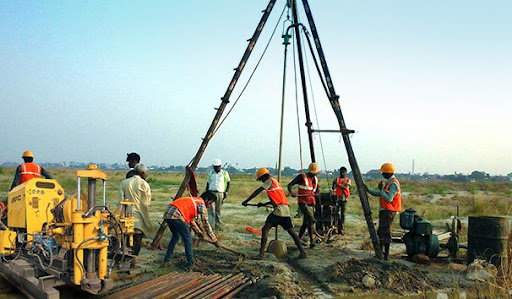
Geotechnical surveys are essential in civil engineering and construction projects, providing crucial insights into the geological and soil conditions of a site. These surveys involve the systematic collection and analysis of soil and rock samples to assess their properties, composition, and stability. Geotechnical engineers use various techniques such as drilling, sampling, and laboratory testing to evaluate factors like:
- Soil Strength
- Bearing Capacity
- Permeability
See More
The data obtained from these surveys informs design decisions and helps mitigate risks associated with foundation settlement, slope instability, or groundwater seepage. By understanding the geological characteristics of a site, engineers can optimize foundation designs, select appropriate construction methods, and ensure the long-term stability and safety of structures.
Geotechnical surveys are particularly vital in regions prone to natural hazards such as earthquakes, landslides, or floods, where accurate site characterization is essential for hazard mitigation and disaster resilience. Overall, geotechnical surveys play a pivotal role in ensuring the success and sustainability of infrastructure projects.
Counterfeiting Security Solutions through Holograms
Counterfeiting security solutions often incorporate holograms due to their complexity and difficulty in replicating. Holograms offer multilayered security features, such as 3D imagery and dynamic visual effects, making them challenging to counterfeit accurately. By integrating holograms into products like currency, identification cards, and high-value goods packaging, manufacturers can deter counterfeiters and enhance authentication for consumers and authorities alike.
See More
Advanced holographic techniques, including microtext, nanotechnology, and hidden images, further fortify security measures against fraudulent reproduction attempts. Additionally, continuous innovation in holographic technology ensures ongoing improvements in anti-counterfeiting measures, staying ahead of counterfeiters’ increasingly sophisticated tactics.
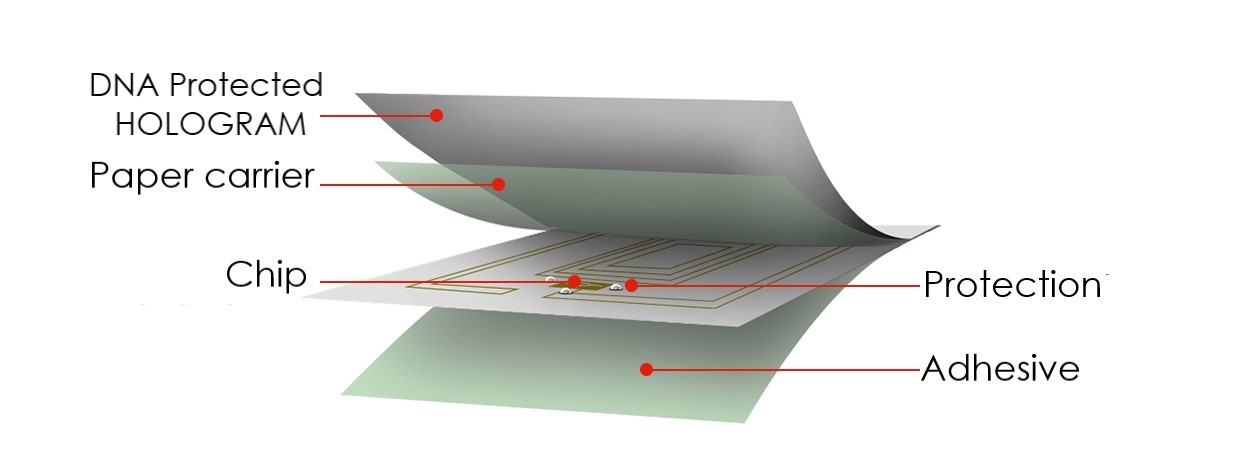
Drone Supplies and Services
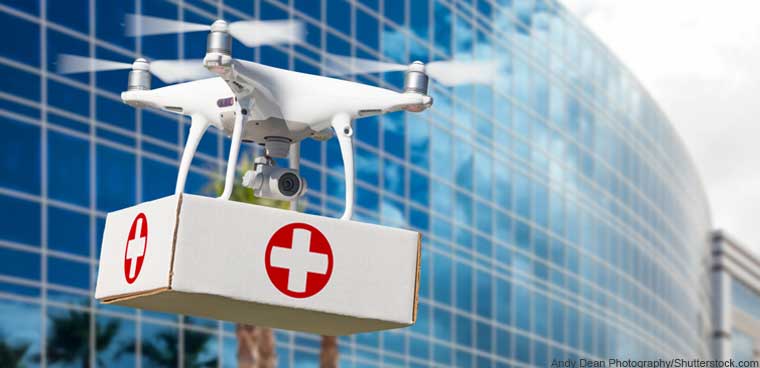
Drone supplies and services encompass a wide range of offerings, from equipment sales to maintenance and training. Suppliers provide a variety of drones tailored to different industries and applications, including aerial photography, surveillance, agriculture, and delivery. Additionally, they offer accessories such as batteries, propellers, and cameras to enhance drone capabilities. Services may include drone rental, repair, and customization to meet specific client needs.
See More
Training programs teach users how to operate drones safely and efficiently, often covering regulations and best practices. As the demand for drone technology grows across various sectors, drone suppliers and service providers play a crucial role in supporting its adoption and integration into diverse workflows.
Quick Links
Services
Projects
Address
Office: 201, Second Floor, Wing-II, Hans Bhawan, I. P. Estate, ITO, Central Delhi, New Delhi-110002

